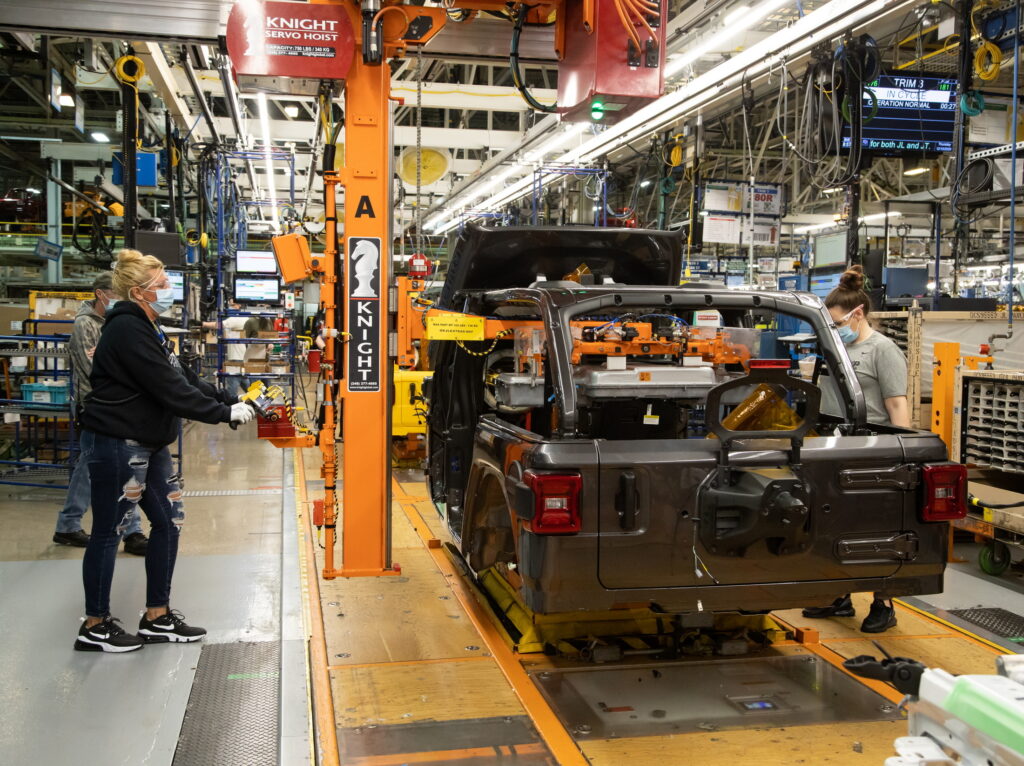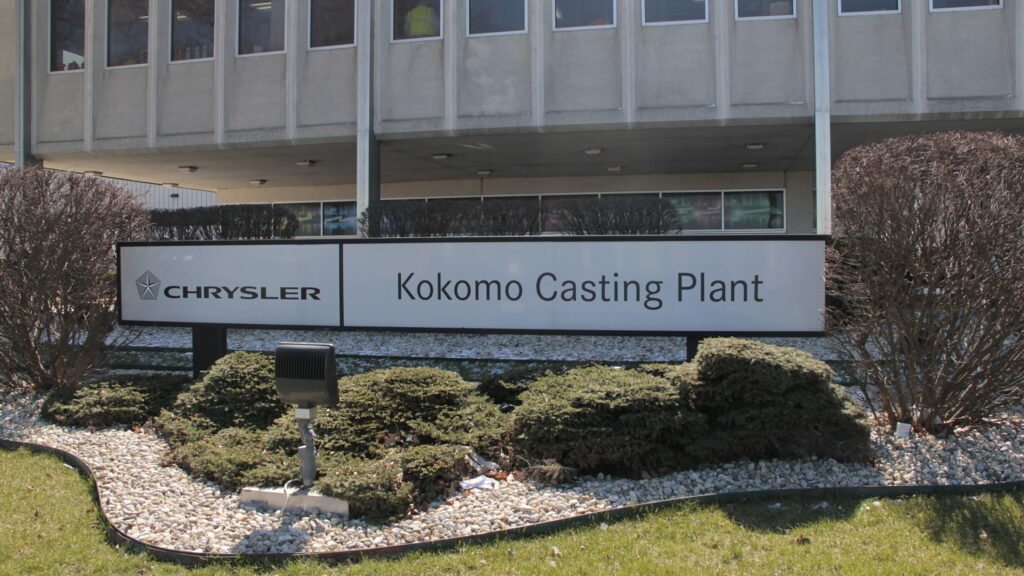- Inflationary pressures mean that suppliers want more money from automakers, who have been celebrating record profits.
- Stellantis is being one of the toughest negotiators in America, and that is leading some suppliers to stop shipments to its plants.
- Already, the disputes have led to disruptions at two plants, and court battles for the automaker.
Pricing disputes between Stellantis and its U.S. suppliers have turned ugly, as the automaker finds itself embroiled in a pair of lawsuits, and facing production shutdowns. The automaker has taken a hard line with the companies that provide it with the parts it needs to make vehicles, as they seek more money following years of inflationary pressure.
The fight stems from two factors. First, since Stellantis formed in 2020 after the merger of the FCA and PSA groups, less decision-making has been done in the U.S. Second, inflation and supply chain disruptions caused by the pandemic were felt particularly powerfully by automotive suppliers. While carmakers raked in record profits, the companies making parts for them bore much of the economic hit.
Read: We Don’t Need U.S. Govt Protection From Chinese Automakers, Says Stellantis Boss
Although tensions are also affecting GM and Ford, Stellantis leadership has been playing hardball with suppliers, causing some fights to spill into the courts, reports Crain’s. The Franco-Italian automaker is facing off against both Kamax, a German producer of fasteners, and McLean-Fogg Components Solutions LLC, which makes pinions and gears for transmissions on Jeeps, Rams, and other vehicles.
Unable to get the money they feel they need out of Stellantis, both companies stopped shipping parts to it. In the case of Kamax, that briefly stopped production in Toledo, but a judge has since issued a temporary injunction requiring it to start delivering parts again.

Stellantis’ first attempt to force MacLean-Fogg to resume shipments has been denied by a different judge, though. That means that is Kokomo transmission plant will not be receiving important parts until at least April 17 — when the next hearing is scheduled — unless both parties can hash out a deal on their own.
Stellantis maintains that it has contracts with both companies, and that it must keep costs down in order to “overcome the challenges of vehicle affordability.” In its lawsuits, it described the impacts of MacLean-Fogg’s decision to withhold parts as “immeasurable” and says that if it gave the company what it wanted, it could cause a “domino effect” as its other suppliers sought more money.
However, according to Kamax, MacLean-Fogg, and others, pricing relief — negotiating costs to reflect wider economic realities — is common in the industry. While these negotiations are often difficult, experts like Dan Sharkey, who has represented suppliers in disputes with automakers for nearly 30 years, told Crain’s that things rarely get this heated, and that lawsuits like these are very uncommon.
“They’re not negotiating and they’re really being brutal,” Sharkey said. “They’ve taken this really hard-line policy, and everybody in Auburn Hills, the entire purchasing team, has no authority anymore. It’s just all driven by Paris,” which is where Stellantis’ headquarters are located.
Suppliers complain that they used to be able to drive to Michigan to meet with buyers in person. But that’s no longer the case with Stellantis. Although Ford and GM are also facing difficulties with their suppliers, experts say the automakers are at least showing up to the negotiating table.





